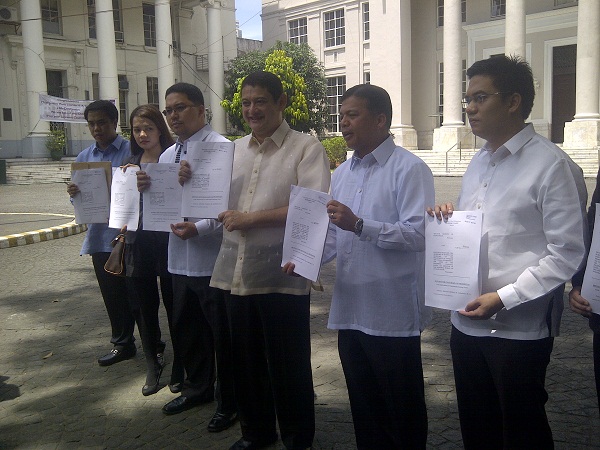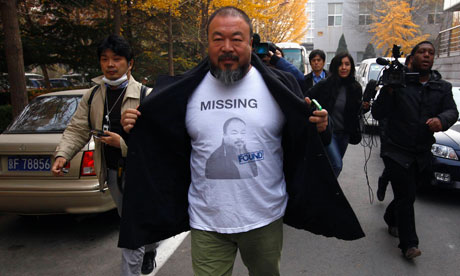By Karen Diep
Impunity Watch Reporter, Asia
MANILLA, Philippines – The Filipino legislature introduced a new “cybercrime” law, Cybercrime Prevention Act of 2012, which will increase punishment for criminal libel. Furthermore, it grants authorities the power to shut down Internet websites and monitor online traffic.

In the statute, a section states that criminal libel apples to conduct “committed through a computer system or any other similar means which may be devised in the future.”
According to Business Mirror, the labor group Kilusang Mayo Uno (KMO) believes that the law “will not curtail freedom of expression and of the press, but will also allow the government to bring down web sites [sic], blogs[,] and social networking sites with ‘libelous’ contents.”
The “cybercrime” law augments the minimum punishment from six (6) months to six (6) years with the potential of the maximum punishment of twelve (12) years, doubling the minimum.
According to the Guardian, Human Rights Watch (HRW) believes that the punishment for Internet libel is a blatant and grave threat to freedom of expression, specifically, freedom of press.
“The cybercrime law needs to be repealed or replaced,” urged Brad Adam, HRW’s Asian Director. “It violates Filipinos’ rights to free expression and it is wholly incompatible with the Philippine government’s obligations under international law.”
Recently, a number of journalists in the Philippines have been imprisoned for libel. For example, radio journalist Alexander Adonis, convicted five (5) years ago, spent two (2) years in jail.
In regards to Mr. Adonis’s case, the United Nations Human Rights Committee (UNHRC) concluded that the Filipino government violated the international covenant of political and civil rights.
For further information, please see:
Guardian – Philippines law threatens press freedom – 28 September 2012
National Inquirer – ‘Cybercrime Prevention Act unconstitutional’ – Senator Guingona – 27 September 2012
Business Mirror – Law vs cybercrime to curtail press freedom-groups, senator – 25 September 2012
National Union of Journalists – Cybercrime law threatens freedom of expression – 18 September 2012



